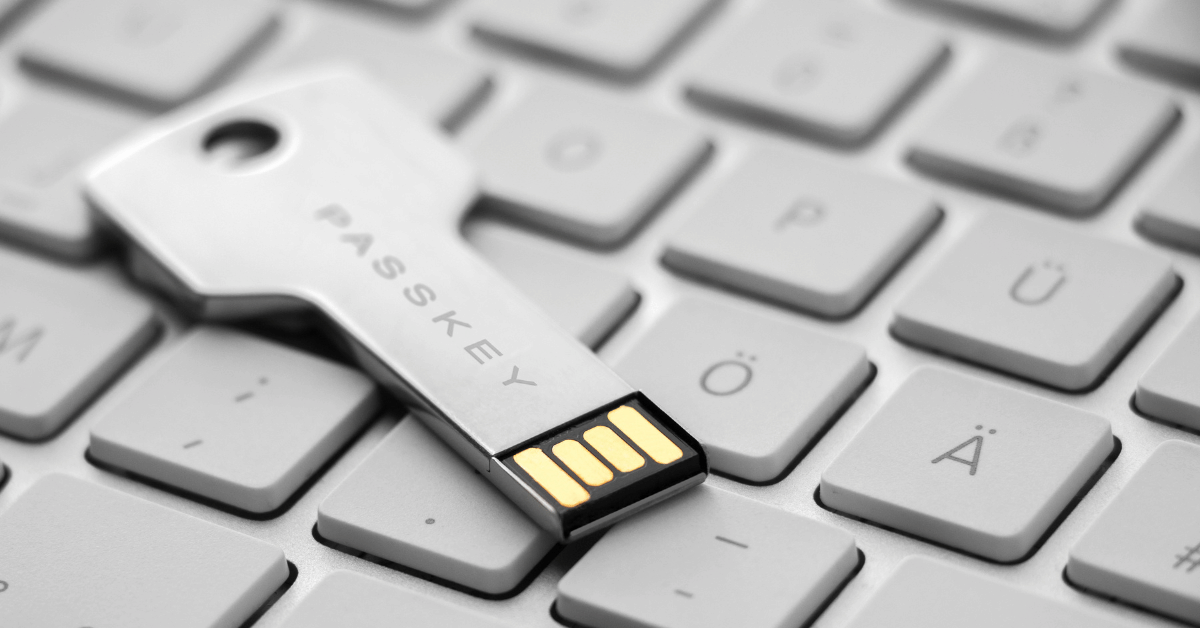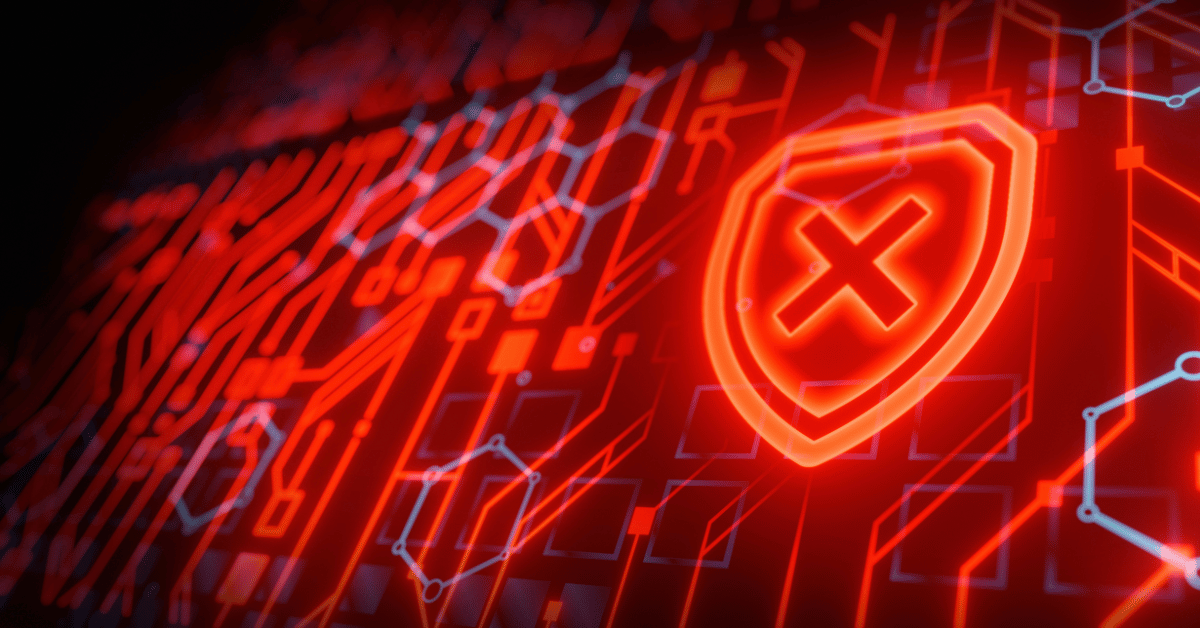NAC Solutions for
Network Security
Today, IT security leaders must leverage network security solutions that enable them to implement consistent security policy enforcement at the network edge.
Network security is perhaps the most important area of any cybersecurity program
In general, network security seeks to take physical and software preventative measures to protect the underlying networking infrastructure from unauthorized access, misuse, malfunction, modification, destruction, and beyond, ultimately creating a secure platform for devices, users, and programs to perform their intended critical functions within a secure environment.
What is Network Security?
Enterprise network architectures have become increasingly complex, and the risks to these networks grow exponentially by the year. Atop these challenges, cybercriminals are always trying to find and exploit new vulnerabilities through a variety of evolving methods. Generally, network vulnerabilities exist across of an array areas, including devices, data, applications, employees and locations. To mitigate these vulnerabilities, organizations employ many different network security tools and systems.
Types of Network Security
Network Access Control – To prevent the infiltration of corporate networks, many organization utilize comprehensive access control policies that dictate how employees, contractors and guests can access the network. The use cases for network access control continue to grow. IT security teams rely on NAC for network visibility, the discovery of endpoints, security profiling, compliance enforcement, remediation, and more.
Antivirus & Antimalware Software – Antivirus and antimalware software protect an organization from a variety of malicious software like viruses, ransomware and beyond. The best software not only scans files upon entry to the network but continuously scans and tracks files as they move across devices.
Firewall Protection – Firewalls act as a wall between unknown external networks and trusted internal networks and resources. IT administrators leverage firewalls to define a set of rules that blocks or permits traffic onto the network. Firewalls scan packets for malicious code or attack vectors that have already been identified as established threats.
Virtual Private Networks – Virtual private networks (VPNs) create a connection to the network from another endpoint or site. For example, users working from home would typically connect to the organization’s network over a VPN. Data between the two points is encrypted and the user would need to authenticate to allow communication between their device and the network.

Why is Network Security Important?
As corporate networks expand, so too do the vulnerabilities and risks of breach to those networks. Whether it’s risk of embarrassment, risk of brand sentiment, or risk of revenue loss, companies today are motivated, yet challenged to secure their networks. As we’ve discussed, network security comes in many forms. The reasons for why network security is important are equally as diverse.
Protecting Your Data
In this day and age, data is the most valuable asset that companies maintain. Whether this data is confidential financial information, a list of your customers, or the addresses of your employees, it’s critical that any importance is managed and secured. To do so requires taking proactive network security steps like data backups, multi-factor authentication (MFA), password policies and more.
Protecting Client / Customer Data
Not all data being stored across your networks “belongs” to your organization. This is particularly true for consumer-facing businesses, like those in e-commerce, healthcare, transportation, hospitality and beyond. These days, it seems like not a day goes by without a major headline regarding a data breach and subsequent leak on the dark web in which one of these companies is the victim. In these scenarios, everyone loses. Corporations lose customers over trust, in turn losing revenue, and customers face potential risk of their personal data being used maliciously against them.
Regulatory Compliance
As regulations like SOX, HIPAA, PCI-DSS, GLBA and others enter the healthcare, finance, retail and government industries in full force, enterprises find themselves moving quickly to bring their networks into compliance. Compliance, however, doesn’t just refer to adhering to security policies; compliance is now more about adhering to industry standards and regulations, while ensuring that an organization can easily audit and assess their level of compliance.
Proactive Protection
Most ransomware attacks manipulate a patch or anti-virus vulnerability that allows hackers to gain unauthorized access to sensitive company information. In the unfortunate case that your organization has been attacked, it’s imperative to be able to update patches and remotely disconnect endpoints from the network to prevent the lateral spread of the attack across the organization.
How Does NAC Fit into a Network Security Framework?
While there are many types of network security tools that serve various needs for IT teams, network access control (NAC) solutions make up an absolutely integral part of any network security stack. Put simply, NAC solutions seek to do exactly what their name suggests – control access to the network through a series of internally-defined policies, enforcing those policies to maintain compliance – both for the network and the devices attempting to connect to them.
Why Does a Company Need a NAC Solution?
Today, network access control covers a growing array of use cases when it comes to network security. In general, there are several important reasons for companies to employ NAC, including:
- Authorization & Authentication – NAC provides access management by requiring authentication and authorization before allowing access to the network. This enables network security teams to leverage granular visibility across the network to see who’s connected and with what device.
- Roles-Based Access – NAC allows you to set roles-based access controls, allowing users – whether employees, guests o contractors – to only access specific areas of the network. One simple example: you may only want finance and accounting employees to access the Accounting VLAN and all of the confidential financial information it has stored on it.
- Policy Enforcement – As we’ve discussed separately, organizations utilize NAC to enforce varies internal policies – specifically access control, endpoint risk assessment and device remediation policies. These policies dictate who can access the network, from where, with what device, and monitor the risk posture of each device on a continuous basis.
- Identity & Access Management (IAM) – NAC bolsters IAM by serving as an important control point at the edge of the enterprise. It controls the networks a device can access, quarantining devices and even booting them from the network should they fall out of compliance. NAC can interact with other elements of the network and security architecture to apply access control lists, integrate with unified threat management and more.
- Zero-Day Attack Mitigation – By definition, a zero-day attack occurs when a software vulnerability is exploited and malware is introduced before a patch can be put into place. Typically, the weakest link and most common entry point for malware is the endpoint itself. These types of attacks typically lend themselves that employ BYOD policies and/or utilize IoT devices. Fortunately, modern cloud-delivered NAC can, unlike legacy systems, can employ access control policies to these devices the same as they would for managed devices.
Related Updates
Try Portnox Cloud for Free Today
Gain access to all of Portnox's powerful zero trust access control free capabilities for 30 days!








